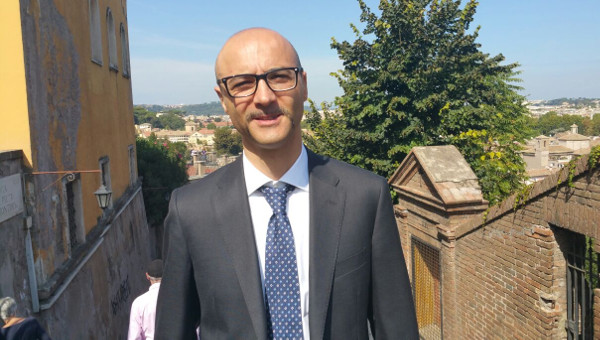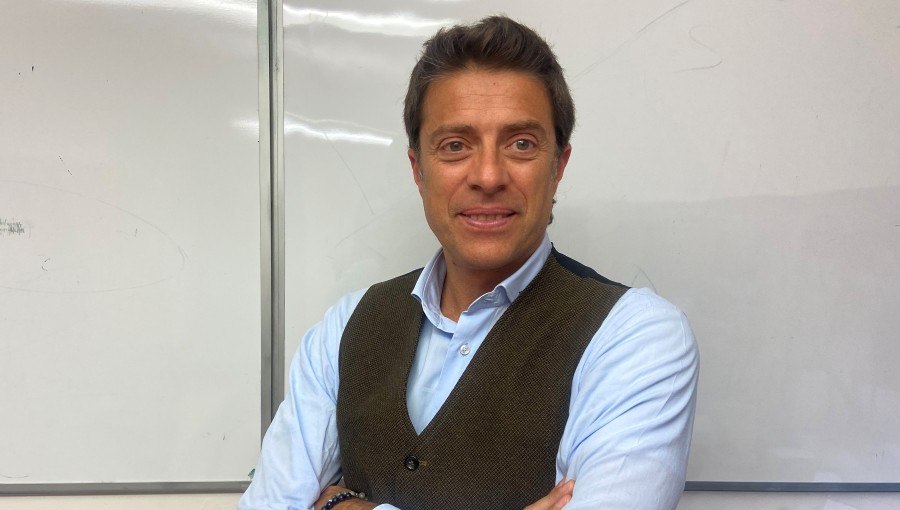Prof. Francesco Ruscitti on "A Purely Algebraic Approach to Group Decision-Making"
Professor Francesco Ruscitti’s paper “A Purely Algebraic Approach to Group Decision-making” has been accepted for presentation at the European Workshop on Economic Theory (EWET 2019) to be held in Berlin from June 13 to June 15 and also at the Society for the Advancement of Economic Theory (SAET 2019) to be held in Ischia, Italy from June 30 to July 6.
A social choice problem arises when any group of individuals must make a collective choice from among a set of alternatives that are referred to as social states (e.g., the election of a particular candidate to a political office, a particular way of distributing resources among community members, etc.). Social Choice Theory studies how a group of individuals can arrive at coherent collective preferences over social states (based on its members’ individual preferences) starting from well-defined ethical principles that are set out as axioms or desiderata imposed on the collective decision process (the social welfare function). The latter transforms profiles of individual preferences into social rankings of the social states. Is it possible to obtain social views/judgments (embodying certain values shared by the group members) from consistent and possibly divergent individuals’ views/judgments? What happens to the outcome of the collective decision-making process if individuals’ preferences can be influenced?
Prof. Ruscitti’s paper is an attempt to highlight the power of abstract algebra and group theory in providing a novel and systematic framework for thinking about these issues. He shows that if one builds an algebraic structure into the classical framework of social choice theory, one can give meaning and substance to certain primitive concepts (e.g., divergent opinions, status quo bias, apathy, collective preferences that closely reflect individual preferences, etc.) that would be hard to formalize by relying on the traditional notion of preferences. Prof. Ruscitti also shows that modeling the social welfare function as a group homomorphism paves the way for the analysis of preference formation mechanisms and their potential impact on social choices.
Associate Professor of Economics at JCU, Prof. Ruscitti’s expertise and interests are in Microeconomics and Economic Theory. His past and current research involves the use of mathematical methods and models for the analysis of market economies in a general equilibrium setting. In Fall 2019, Prof. Ruscitti will be teaching EC 201 Principles of Microeconomics and EC 301 Intermediate Microeconomics.






